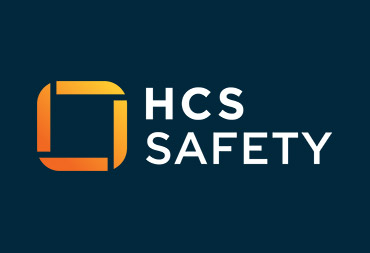Risk assessments are the bedrock of safety in numerous industries such as construction, healthcare, and manufacturing. In fact, risk assessments are a legal requirement in every workplace, and employers must be aware of their responsibilities.
In general, risk assessments involve systematically evaluating potential hazards and formulating strategies to mitigate them.
Training is essential for equipping workplaces with the high standards of health and safety they need to be safe and compliant, but how do you select the right health and safety course to attend?
Why Opt for Risk Assessment Courses?
Firstly, is it worthwhile taking a risk assessment course? Since every employer has a legal responsibility to maintain a safe workplace, professional guidance is indispensable.
Here’s how it can help:
Broadened Skillsets
A comprehensive risk assessment course doesn’t just teach you to identify hazards. It equips you with the skills to analyse and categorise risks and devise mitigation strategies, ensuring that workplaces remain safe for all.
Staying Updated
Regulations change, and new equipment and methods add wider sets of responsibilities. Regular training ensures you stay on top of these developments.
Maintain High Standards
Risk assessments are key to creating and maintaining high safety standards. They also act as a step towards ensuring a totally compliant workplace that protects employee health and wellbeing.
The law requires risk assessments to be “suitable and sufficient”, – and training helps you meet the specifications that entail that.
How to Choose the Right Risk Assessment Course
Embarking on a risk assessment course? Here’s what to seek to ensure you get the best value:
1. Clear Objectives and Overviews
Courses should provide a robust risk assessment introduction, preparing delegates with the necessary knowledge and instilling confidence in their newfound skills.
2. Engaging and Interactive Learning
It’s not just about listening to lectures. The most effective courses are those that are interactive and stimulating. Workshop-based activities, for example, reinforce concepts and ensure delegates are at ease with risk assessment jargon and practices.
3. Comprehensive Curriculum
While looking at a course, ensure it covers the following key areas:
- Legal Framework: Understand the legal obligations surrounding risk assessments and the responsibilities of those tasked with creating them.
- Core Concepts: Get a clear distinction between ‘hazard’ and ‘risk’ and dive deep into the nuances of each.
- Risk Analysis: Equip yourself with the tools to gauge likelihood and severity and learn the most effective risk mitigation strategies.
- Control Measures: Familiarise yourself with the hierarchy of controls, understanding which measures take precedence and why.
- Documentation and Communication: Acquire skills to meticulously record your findings and effectively communicate them to relevant stakeholders.
- Continuous Improvement: The world of risk is dynamic. Learn how to periodically review and update your risk assessments to reflect changing circumstances.
Risk Assessment Courses With HCS Safety
HCS Safety offers a comprehensive one-day risk assessment course.
Risk assessments are not a mere form-filling exercise – this immersive training session trains attendees about its pivotal role in workplace safety.
When executed accurately, it is a protective shield that safeguards workers and businesses from potential legal pitfalls.
Whether you’re a professional assigned the daunting task of writing or updating risk assessments or a manager ensuring that safe systems of work are up to mark, this course is an invaluable asset.
Learn more about our risk assessment course here.




